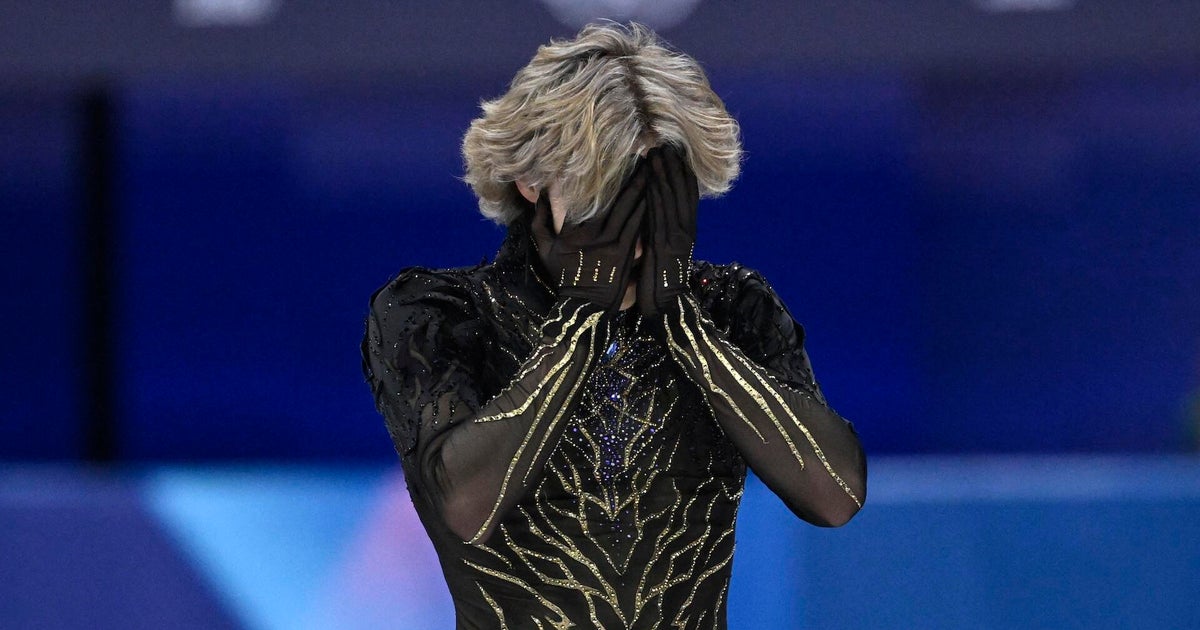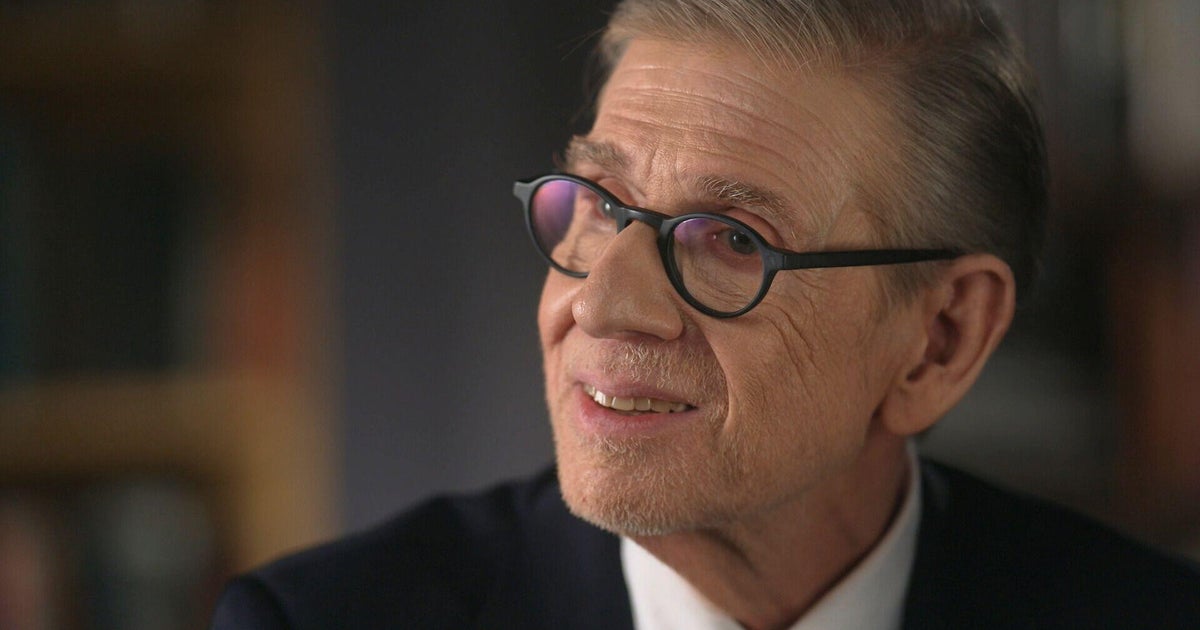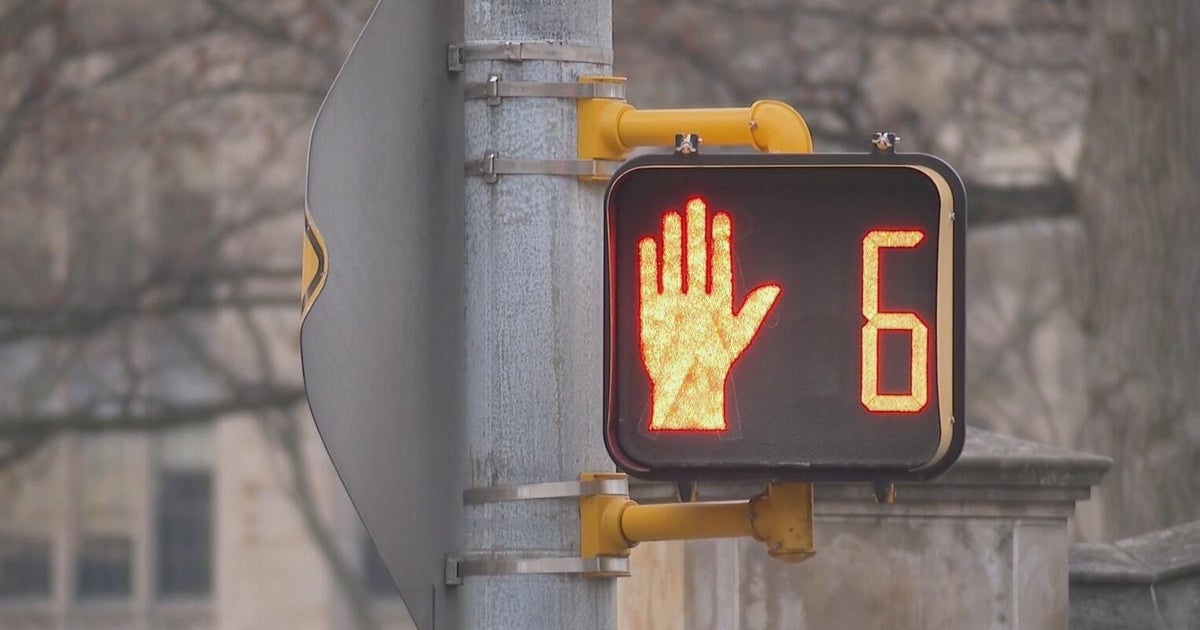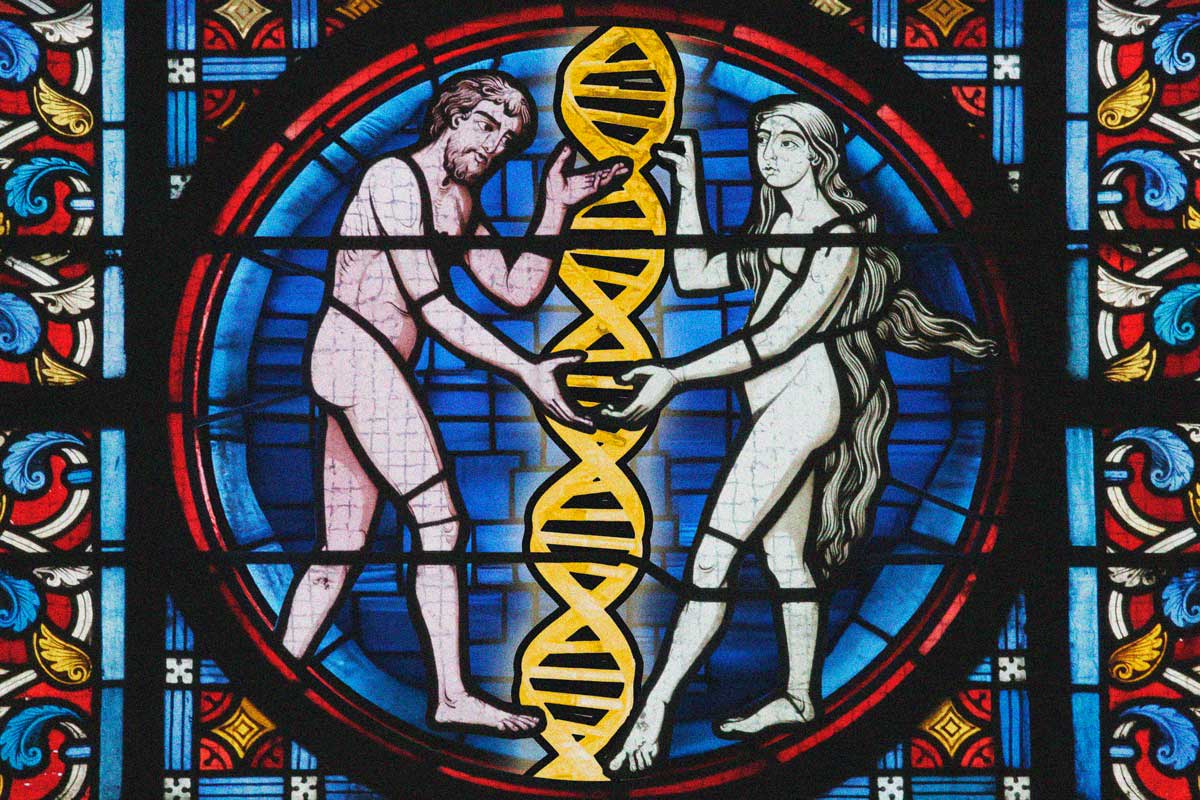Playing God | The ethics of editing your DNA
Inside Josiah Zayner's Oakland apartment is a $350 genetic toolkit that allows him to edit genes. Half a world away in China, experimental scientist Dr. Laioxue Lai walks past dozens of mutant pigs -- creatures he's created.
Both of these men have the tools to play God. But should they? Should anyone?
In this new documentary from "CBSN Originals," correspondent Adam Yamaguchi explores the real-life implications of the new gene editing phenomenon that aims to edit the "flawed" genes present in crops, animals, and ultimately humans. The tool, called CRISPR, is powerful, radical, and controversial. It holds the incredible potential of curing genetic diseases such as cancer, but it also can be used to alter physical traits.
Bio hackers like Josiah Zayner see that as a boon -- they want to level the genetic playing field and make the science that allows us change our makeup at the subcellular level accessible to all. Designer pets, enhanced super-humans may be on the horizon. But what are the ethical and moral boundaries, and the potentially explosive consequences, of playing God?
In China, Dr. Lai Liangxue's laboratory unapologetically tinkers with the DNA of mice, dogs, pigs and more at scale to further research into human conditions. "To prevent diseases is a good thing," he tells CBS News. The prospect of eradicating certain genetic conditions is simply too tantalizing to allow traditional ethics get in the way.
But at some point, humanity will be forced to decide at what point genetics slides into eugenics, and how we draw the lines that determine who should and shouldn't access this kind of technology.



